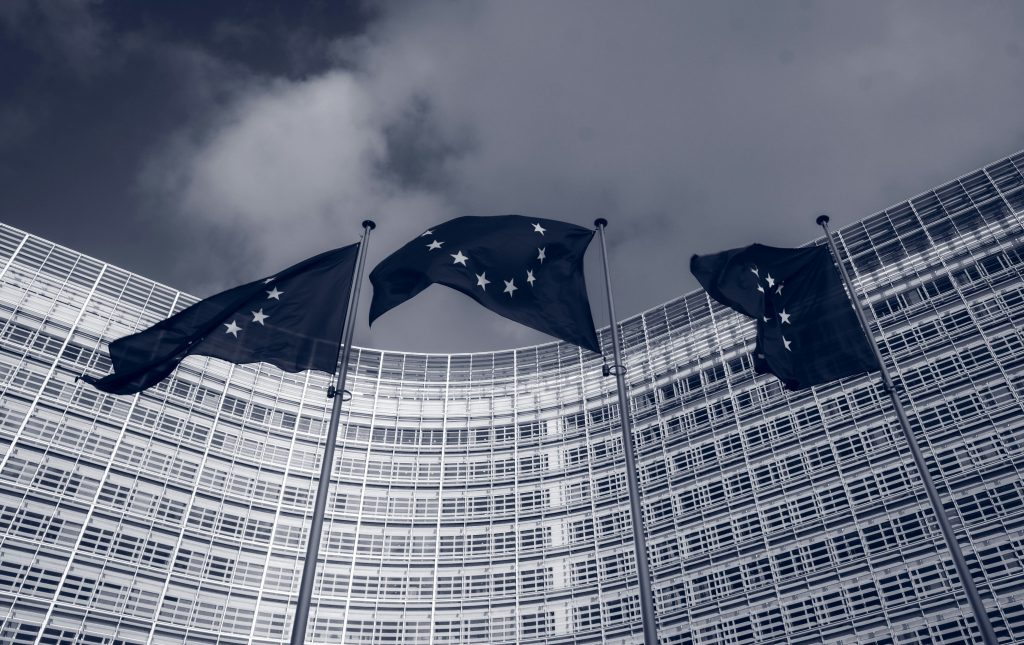[FR] What European Policy Outlines for 2020?
Report of the Third European Think Tanks Forum in Paris, 19-20 September, 2008

Europe is currently facing several major global crises – financial, geostrategic and environmental. These crises foreshadow the global context in which the European Union will have to evolve in the future. The salient features of this “changing world” are: the shift of the centre of global activity towards Asia and the South, the emergence of a new multipolar geopolitical order, and the questioning of the international financial system and the economic model based on the depletion of natural resources.
The speakers at the Forum highlighted the current gap between the tremendous changes in the world since the beginning of the new millennium and the difficulties Europe is experiencing in speaking with one voice. Whatever the outcome of the Lisbon Treaty, four institutional reforms seem essential in order to tackle these crises effectively: a permanent Council presidency, strengthening the European Parliament’s co-decision powers, moving from unanimity to qualified majority voting, and single representation in international institutions. To make institutional reform a success, European leaders will need to demonstrate political will.
The thematic workshops produced a number of more specific recommendations on how to tackle three major challenges: sustainable resource management, solidarity and mobility. Speakers at the first workshop stressed the urgency and importance of a European response to the energy and climate change challenge. The scale of the resources needed to ensure the transition to sustainable agriculture, food and economic systems requires a major budgetary effort at all levels. On solidarity, there is consensus that it remains a fundamental parameter of the European project, but how it should be exercised is a matter of debate. Europe can also provide answers to global social problems, either by becoming a model to follow or a normative power. Finally, the speakers emphasised the need to improve Community action in favour of mobility by developing targeted measures for different types of mobility, both economic and socio-cultural. They also called for a strengthening of the EU’s role in migration.
The speakers identified several budgetary implications for addressing these challenges. First, it appears necessary to consider the size of the budget. This does not mean moving towards a very large budget, but rather ensuring that spending is increased slightly. Second, the quality of Community spending must be improved. It is recommended that the European budget be used as a lever for action at different levels (national, regional, local) or as a complement to Community regulation in certain areas. Finally, the creation of a European tax as an own resource to increase the EU budget was considered necessary, but more in the form of an eco-tax clearly linked to a major challenge.
However, concerns were expressed about the conduct of the forthcoming negotiations on the financial perspective after 2013. To allay these fears, speakers recommended that the debate on policies should precede that on the budget. It also appeared imperative that budget negotiations should be more public so that ‘the issues at stake in these negotiations, which commit the Union for a period of seven years, are understood’.





